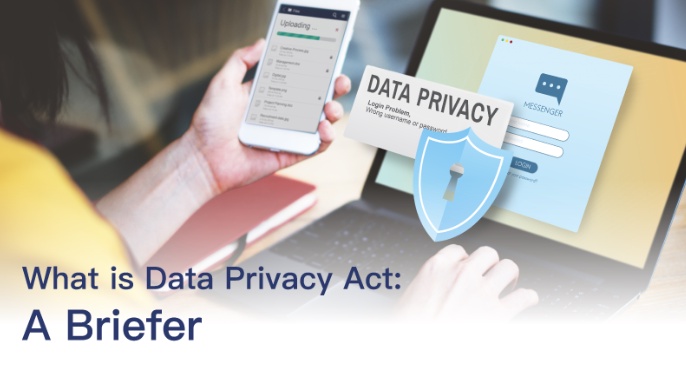Data has become a valuable asset for businesses worldwide in today's digital age. However, the increasing reliance on technology and continuous data collection has raised concerns about privacy breaches and associated risks.
The government established privacy regulations to safeguard individuals' right to private communication while promoting innovation and progress. Republic Act No. 10173, known as The Data Privacy Act of 2012, is a law in the Philippines that provides guidelines for data protection.
It's built on essential principles to ensure proper data protection and privacy. The principles include transparency, legitimate purpose, proportionality, security, and openness. These allow you to uphold individuals' right to privacy while empowering them to take more control over what information to share.
How the Data Privacy Act Impacts You
The Data Privacy Act provides guidelines for collecting and using people's personal data. It requires you to obtain individuals' consent before collecting their data. The Act serves as a legal framework that allows individuals who have experienced privacy violations to seek compensation from companies.
The Act is meant to deter businesses from engaging in unethical data practices, encouraging you to handle personal data responsibly and minimizing the likelihood of privacy breaches.
It also balances protecting individuals' privacy and enabling the free flow of information necessary for innovation and growth. It allows you to use and share data while ensuring confidentiality and consent.
The Act generates consumer confidence and trust by providing a clear legal framework for using and processing personal data. This faith encourages innovation and growth by fostering a secure environment for data-driven activities.
What Happens if You Violate the Data Privacy Act?
The consequences for violating the Data Privacy Act of 2012 can have significant legal and financial implications for offenders. The Act establishes penalties to discourage and punish those who compromise an individual's data.
You risk spending up to six years in jail if you break the Act. Legal bodies may also fine you 500,000 pesos. There's also the impact it has on your brand. Clients and customers may no longer trust you if you've been caught misusing their data.
How Can You Comply with Data Privacy Laws?
You must adopt various strategies and tools to avoid breaking these laws and protect customer data.
Consider appointing a Data Privacy Officer (DPO) to oversee data privacy policies. They can be responsible for addressing data breaches, conducting privacy impact assessments, and implementing data protection policies and procedures.
You can also conduct Privacy Impact Assessments (PIAs), which help evaluate your data processing operations' potential privacy risks and impacts. These methods can help you develop a Privacy Management Program (PMP).
Implementing a PMP involves establishing comprehensive policies and practices that align with industry best practices and standards for protecting personal data.
Learn more about the Data Privacy Act in the handy infographic below!



No comments yet